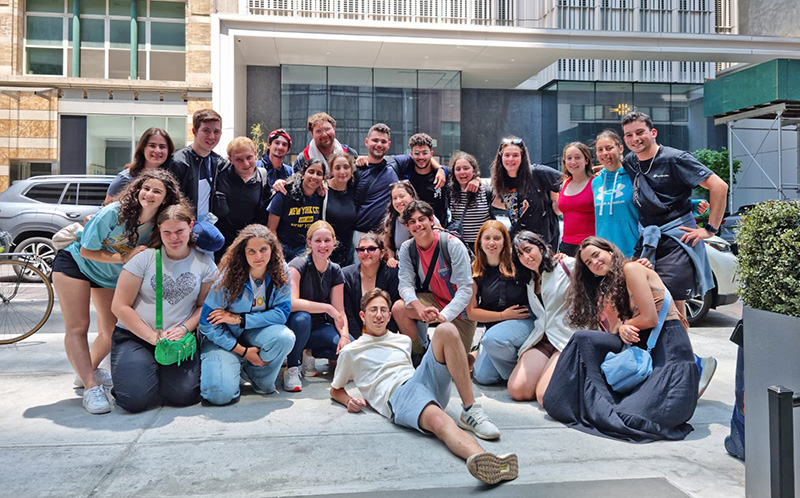This week in Israel we read the Torah portion of Chukat. We are taught of the parah adumah, the red heifer. Should an individual or group be impure due to exposure to a corpse, the Torah species a special ritual by which the priest would take a “perfectly red unblemished cow, upon which no yoke was laid” (Numbers 19:2). This heifer would then be burned to ashes and combined with other substances.
The product of the above process would be sprinkled on the individual who was impure due to exposure to a corpse and that person would subsequently attain a state of purity. Meanwhile, the priest, who was involved in the ritual of creating the red heifer concoction would become impure in the process. This commandment falls under the category of a “chok,” or statute, which is a commandment that defies rational understanding.
There is a profound message contained in this process that instructs the conduct of the Jew for all times. The priest willingly allows himself to become impure for the sake of helping another who is impure, to become pure. Effectively, the Torah teaches us of the lengths we should be willing to go to for the sake of our fellow Jews. Each Jew, relative to his or her capacity, must care for their fellows and must even be willing to take certain risks, in order to reconnect those that are potentially lost or confused back to their source and root in the Jewish community.
The Torah sees all Jews as significant and part of one organic body. We cannot sit idly by as a part of that body decays, nor can we suffice by merely amputating that part from the collective. Rather we must recognize that we are a sum of our parts and we are only as strong as our weakest link. May we take to heart this powerful lesson of the red heifer and translate it into action.
Shabbat Shalom
– Rabbi Liad Braude


















